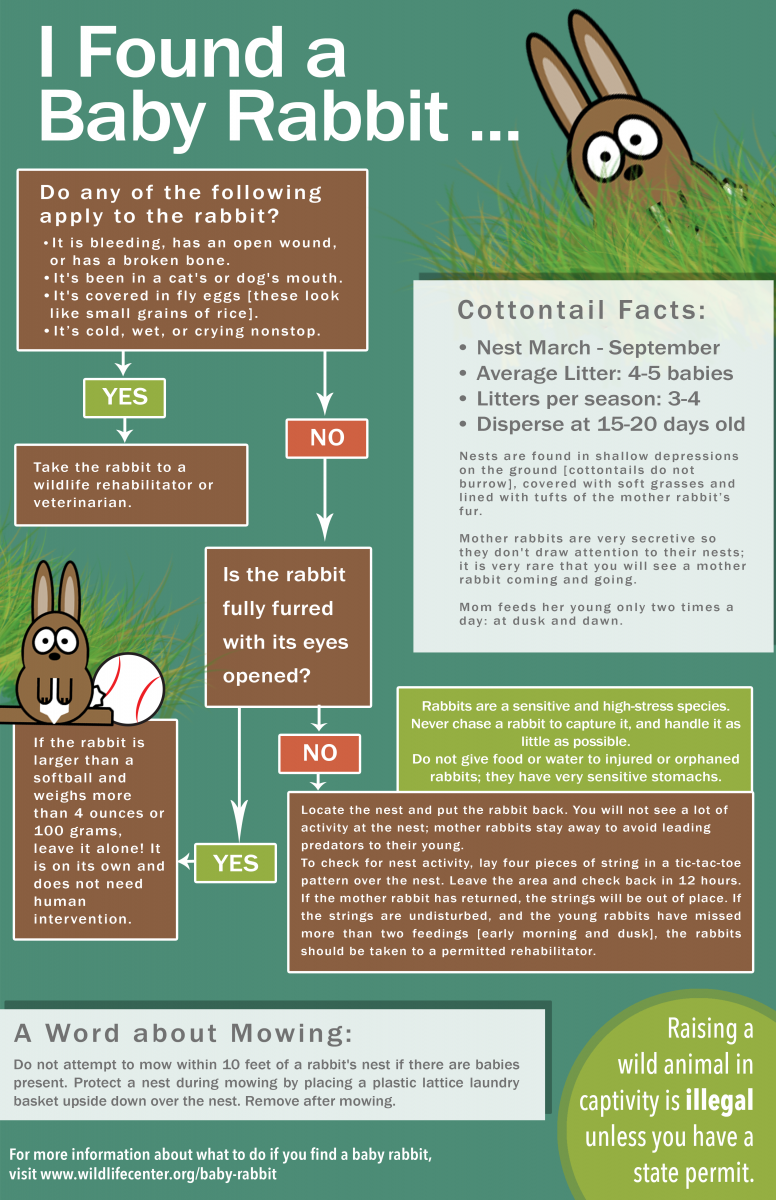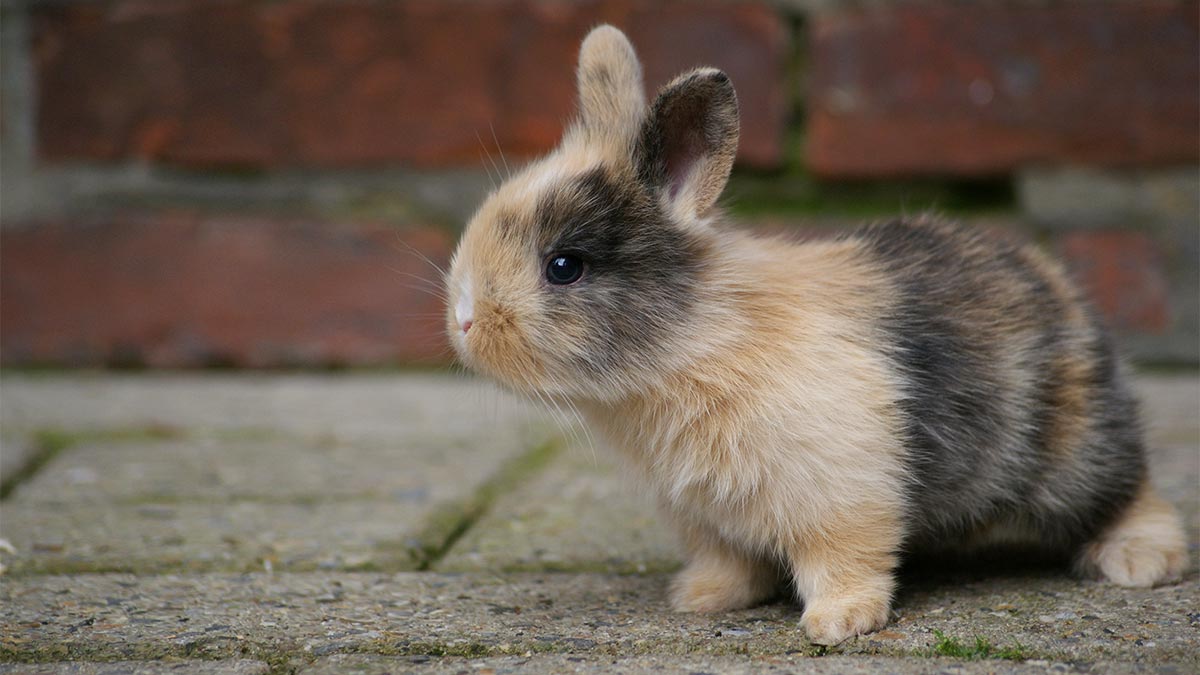If you’re a new bunny parent, congratulations! You’ve just welcomed a bundle of adorable newborn bunnies into your home. As exciting as it is to bring home these little fluff balls, it can be intimidating to take on the responsibility of raising them. Don’t worry—we’re here to help. In this article, we’ll go over all the basics of raising rabbits, from selecting the right breed to providing your bunnies with the best nutrition and care. So get ready to learn everything you need to know to raise your new furry friends into healthy, happy bunnies!
What to Know Before Getting a Newborn Bunny

Types of Rabbits
Before getting a newborn bunny, it is important to know the different types of breeds available and which one is best for you. Domestic rabbits come in many varieties and sizes, such as lop-eared, short-haired, Holland lop, and English Angora. Each breed has its own unique characteristics and needs, so it is important to do your research and pick the right one.
Rabbit Housing
Rabbits need a comfortable and safe environment to live in. It should be spacious enough for them to move around and play, and have plenty of areas for them to hide. A cage or hutch should be placed in a quiet area, away from high traffic and extreme temperatures. It should also be easy to access for regular cleaning and maintenance.
Breeding and Health Considerations
If you are thinking of breeding your rabbits, it is important to know the basics of domestic baby bunny care. Make sure to research the potential health risks and proper breeding practices, as well as the cost of raising a litter. It is also important to take the necessary steps to ensure your rabbits are healthy and safe, such as regular vet visits, vaccinations, and parasite control.
Caring for a Newborn Bunny
Food and Water
Newborn bunnies require more frequent feedings than older rabbits and should be given special milk-based formulas. Feeding newborns should be done every two to three hours. A newborn bunny needs to be hydrated and should be given water every two to three hours in a shallow bowl.
Handling
To ensure proper development, newborn bunnies should be handled as little as possible. If a newborn needs to be handled, it should be done with extreme care and gentleness. Newborns are fragile and can easily be injured or killed if not handled properly.
Health Care
Newborn bunnies need to be checked for any signs of health problems, such as ear mites or fleas. If any signs of illness are present, they should be treated as soon as possible. It is also important to make sure the bunny is gaining weight and growing appropriately.
Exercise
Newborn bunnies need plenty of exercise and stimulation. Baby bunnies should be given toys and other items to play with and explore. Exercising will help them stay healthy and strong.
Socialization
Socializing a newborn bunny is important for its development. It is important to expose a newborn to different people, environments, and experiences to help it become comfortable with its surroundings. This will also help the bunny learn how to trust and bond with other people and animals.
Learning how to care for a baby bunny is an important part of being a responsible pet owner. Taking the time to provide the necessary care and attention will ensure that the bunny grows into a healthy and happy adult rabbit.
Frequently Asked Questions
What do Baby Bunnies Need to Eat?
Baby bunnies need to be fed a special diet of high-fiber, low-calorie food that includes hay and pellets. They should be given fresh vegetables and fruits, as well as small amounts of fresh hay every day. If you are feeding a baby bunny, make sure you are providing it with enough nutrition to meet its growth needs. Be sure to monitor your bunny’s weight closely to ensure it is getting enough food.
What is the Best Way to House Baby Bunnies?
- Indoor Housing: Babies should be kept indoors in a roomy cage, with enough space to move around. The cage should have a safe, solid bottom and be lined with newspaper, paper towels, hay, or straw. Bunnies should not be housed on wire floors, as they can injure their feet.
- Outdoor Housing: It is best to keep baby bunnies indoors, but if outdoor housing is necessary, the hutch should be large and well-ventilated, with an enclosed area to keep the bunnies warm and dry. The hutch should also be lined with hay or straw and have a solid floor. Bunnies should not be housed on wire floors, as they can injure their feet.
- Bedding: Bunnies should have access to soft, absorbent bedding, such as hay, straw, newspaper, or paper towels. Bedding should be changed regularly to prevent the build-up of bacteria and ammonia.
- Temperature: Baby bunnies should be kept in a warm, draft-free environment. The temperature should be between 65-75°F (18-24°C) to ensure their comfort and health.
- Accessories: Baby bunnies should have access to hiding places, chew toys, and other enrichment items to help keep them entertained and engaged.
How Much Space Do Baby Bunnies Need?
Baby bunnies need plenty of space to play and explore. A minimum of 4 square feet per rabbit is recommended, although larger spaces are always better. Once the rabbits reach adulthood, they will also need larger enclosures to accommodate their size and activity levels. Be sure to provide plenty of toys and activities to keep them mentally stimulated and entertained.
What Kind of Veterinary Care Do Baby Bunnies Require?
Baby bunnies require regular veterinary care to ensure they stay healthy. This includes physical examinations, vaccinations, parasite control, and spaying/neutering when they reach adulthood. It is important to have a veterinarian familiar with rabbits to provide care and answer any questions you may have. Additionally, it is important to provide the right diet and to do regular inspections for signs of illness or injury.
How often should baby bunnies be handled?
Baby bunnies should be handled gently and briefly, no more than 10-15 minutes per day. Early socialization is important, but handling should be kept to a minimum to limit stress. Handling of newborn bunnies should only be done with clean hands, and never in a rough or aggressive manner. It is best to wait until the bunnies are at least several weeks old before introducing them to more extensive handling.
Conclusion
Rabbits make wonderful pets. They can be a great addition to any family, and they can live long, happy lives with the right care. If you’re considering bringing home a new bunny, make sure you do your research and know what to expect. They require special attention, including a healthy diet, plenty of exercise, and regular vet visits. With the right environment and care, you and your new bunny will enjoy many years together.
